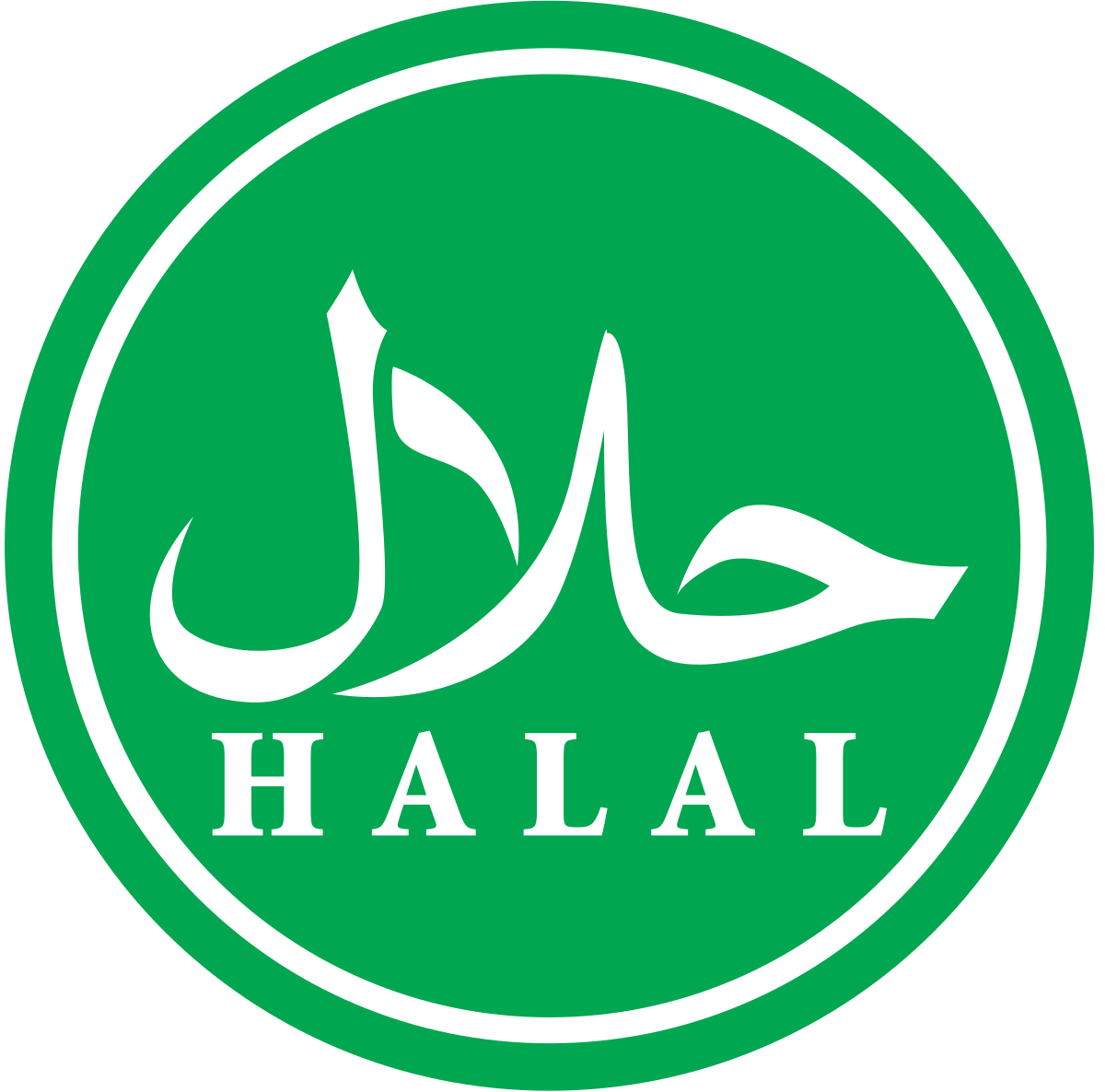Halal certification plays a significant role in ensuring that products and services meet Islamic dietary and ethical standards. With the growing Muslim population worldwide, the demand for halal-certified products has risen sharply. This article provides an in-depth look at halal certification its process, and its relevance to businesses and consumers alike.
What Is Halal Certification?
Halal certification is an official recognition that a product or service complies with the requirements set by Islamic law. The term “halal” translates to “permissible” in Arabic and refers to anything that is allowed under Islamic teachings. Halal certification covers a wide range of industries, including food, beverages, cosmetics, pharmaceuticals, and even tourism.
For food products, halal certification ensures that the ingredients, preparation methods, and even the equipment used do not violate Islamic dietary laws. For other industries, it ensures that the production processes align with ethical and religious standards, such as the use of halal ingredients and avoiding haram (forbidden) substances like alcohol or pork.
Why Is Halal Certification Important?
The significance of halal certification extends beyond the Muslim community. Here’s why:
-
Global Market Demand: The global halal market is growing, with billions of Muslims worldwide seeking products that adhere to halal standards. This demand is not just limited to food but spans across cosmetics, healthcare, and even financial services.
-
Consumer Confidence: For Muslim consumers, halal certification provides assurance that a product meets religious and ethical standards. This builds trust between businesses and consumers, ensuring that the products are genuinely halal.
-
Ethical Considerations: Halal certification also promotes ethical business practices by requiring transparency and ensuring that the production process is fair, clean, and humane.
-
Compliance with Islamic Law: For Muslims, consuming halal products is an essential aspect of their faith. Halal certification helps businesses meet the religious obligations of Muslim customers, who may avoid products that do not meet Islamic requirements.
The Halal Certification Process
The process of obtaining halal certification varies from one country or certifying body to another. However, the general steps are similar:
1. Application for Certification
The business seeking halal certification must first apply to a recognized halal certifying organization. This can be a national body or an international certification body recognized by global standards.
2. Documentation Review
The certifying body will then review the application and request documentation that demonstrates the business’s adherence to halal practices. This includes ingredient lists, production processes, and supplier details.
3. Inspection and Auditing
After the review, the certifying agency will conduct a thorough inspection of the production facilities, storage methods, and supply chain. Auditors may also review the training processes for staff to ensure they understand and implement halal requirements correctly.
4. Certification and Monitoring
Once the inspection is completed successfully, the business will be awarded halal certification. However, the process does not end there. Regular inspections and audits are conducted to ensure continued compliance with halal standards.
5. Renewal of Certification
Halal certification is not permanent. It must be renewed periodically through re-inspections, with each certifying body having its own renewal cycle, typically ranging from one to three years.
Key Considerations for Halal Certification
Businesses looking to obtain halal certification should be mindful of a few important considerations:
-
Supply Chain Transparency: Companies must ensure that every part of their supply chain meets halal standards. This includes sourcing halal-certified raw materials, maintaining clean facilities, and ensuring no cross-contamination with non-halal products.
-
Halal Training: Staff must be trained on halal principles, especially those involved in food preparation, packaging, and handling. This ensures adherence to halal requirements at every stage of production.
-
Global Standards: If a company wishes to export to international markets, it’s important to ensure that the halal certification aligns with the standards of the target country or region. For example, certifications in the Middle East may differ from those required in Southeast Asia.
FAQs About Halal Certification
1. What does halal certification guarantee?
Halal certification guarantees that a product or service complies with Islamic law, ensuring it is permissible for Muslims to use or consume. This includes confirming that no haram substances were used and that the production process follows halal guidelines.
2. How can I find halal-certified products?
Halal-certified products typically carry a halal logo or symbol on the packaging. Additionally, many certifying bodies maintain online directories of halal-certified products and businesses.
3. Can non-Muslims use halal-certified products?
Yes, halal-certified products are available for anyone to use. While these products are specifically designed to meet the needs of Muslim consumers, they also offer quality and ethical assurance for non-Muslims.
4. Is halal certification only for food?
No, halal certification applies to many industries, including cosmetics, pharmaceuticals, financial services, and tourism. Essentially, any product or service that can be certified as halal, based on Islamic standards, can undergo certification.
5. Are there different halal certification standards?
Yes, halal certification standards may vary by country or certifying body. It’s important for businesses to choose the appropriate certifying body that aligns with the market they are targeting.
Conclusion
Halal certification plays a vital role in ensuring that products meet religious and ethical standards, benefiting both Muslim consumers and businesses that want to tap into the global halal market. The certification process is thorough and involves documentation review, inspections, and continuous monitoring. As halal products become more mainstream, understanding and adhering to halal standards has never been more important.









